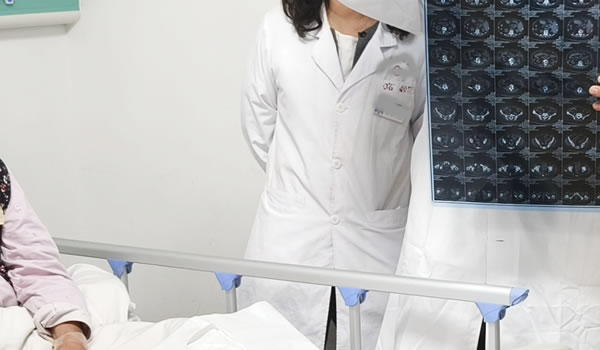Summary: an in-depth look at diabetes, a common disease globally and especially in Asia. We will cover its definition, treatment, lifestyle impacts, prevention techniques, and answer the most frequently asked questions.
Introduction
Diabetes is a chronic illness affecting millions of people worldwide, with the highest prevalence in Asia. Understanding this disease is critical for personal health management and for contributing to a healthier society.

Subheading 1: What is Diabetes?
Diabetes is a metabolic disease that causes high blood sugar levels. The hormone insulin moves sugar from the blood into your cells to be stored or used for energy. With diabetes, your body either doesn't produce enough insulin or can't effectively use the insulin it does produce.
Subheading 2: How is Diabetes Treated?
Diabetes treatment aims at maintaining blood glucose levels within the normal range. This is achieved through medication, lifestyle changes such as diet and exercise, and in some cases, insulin therapy. Treatment varies based on the type and severity of diabetes.
Subheading 3: Lifestyle Impacts and Statistics
Managing diabetes requires daily consideration of diet, physical activity, and medication. Uncontrolled, it can lead to serious complications like heart disease, stroke, and kidney disease. The International Diabetes Federation reports that more than 463 million adults live with diabetes, with 60% of them in Asia.
Subheading 4: Prevention and Safety Precautions
Diabetes prevention involves regular exercise, a healthy diet, maintaining a normal body weight, and avoiding tobacco use. Vaccinations are also recommended for prevention of diseases that can worsen diabetes, like pneumococcal pneumonia and hepatitis B. Screening for diabetes is crucial for early detection and prevention of complications.
Subheading 5: Future Outlook
With increased global health awareness, healthier lifestyle measures, and advances in technology and medicine, the future outlook for diabetes management is promising. Nonetheless, individuals must take responsibility for their health to mitigate the impact of diabetes on their lives.
FAQs
1. Can diabetes be cured? Currently, there is no cure for diabetes, but it can be managed effectively.
2. Is diabetes hereditary? Yes, genetics can play a role. However, lifestyle factors also significantly contribute.
3. What are the symptoms of diabetes? Symptoms include increased thirst, frequent urination, unexplained weight loss, and fatigue.
4. What foods should diabetics avoid? Foods high in sugars, fats and salts should be avoided or limited.
Editor's Note
Diabetes is a serious condition with potential life-threatening consequences if not managed effectively. Regular health check-ups are crucial. Remember, a healthier lifestyle can greatly assist in managing diabetes and preventing complications. If you have been diagnosed with diabetes, work closely with your healthcare provider to create a management plan that fits your lifestyle and health goals.
User Comments
Amelia W.: gave me clarity on something my doctor mentioned.
Brown, Henry: I appreciate how the risks and treatments are clearly laid out.
Benjamin King: Finally found something reliable on this topic. Thank you!